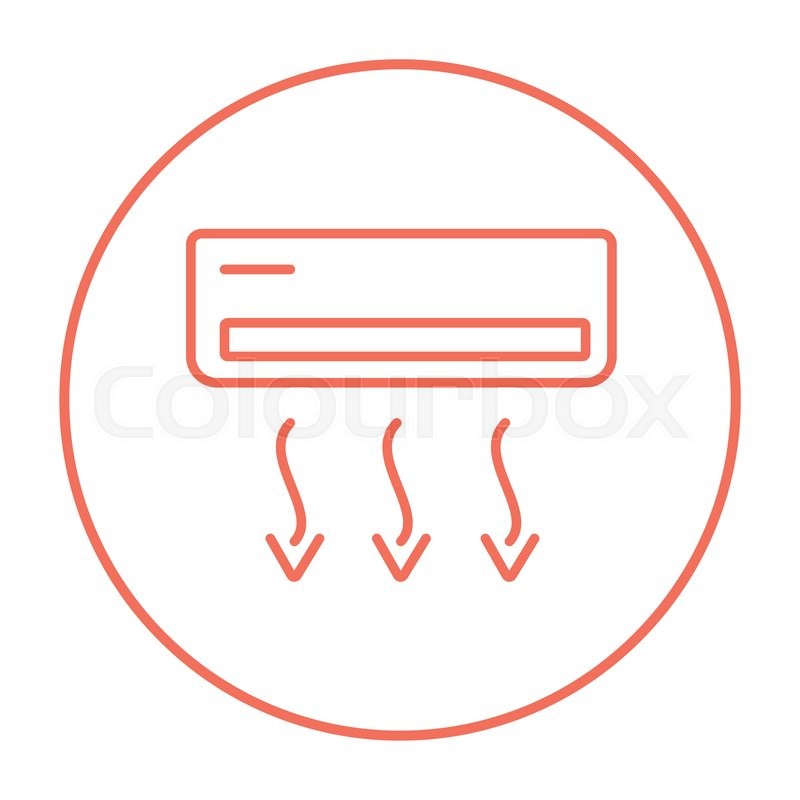The Future Of Home Heating - Exactly How Heat Pump Technology Is Advancing
The Future Of Home Heating - Exactly How Heat Pump Technology Is Advancing
Blog Article
Short Article By-Dawson Stack
Heat pumps will be a critical modern technology for decarbonising home heating. In a situation regular with federal governments' announced power and climate dedications, their global capacity doubles by 2030, while their share in heating rises to one-quarter.
They function best in well-insulated homes and count on power, which can be provided from a renewable power grid. Technical advancements are making them more effective, smarter and less expensive.
Fuel Cells
Heatpump use a compressor, cooling agent, coils and fans to move the air and heat in homes and appliances. space-saving heating solutions christchurch can be powered by solar power or electricity from the grid. They have actually been getting popularity as a result of their inexpensive, peaceful operation and the ability to generate electrical energy throughout peak power need.
Some firms, like IdaTech and BG MicroGen, are working with fuel cells for home heating. These microgenerators can change a gas central heating boiler and generate a few of a house's electrical demands with a link to the electrical energy grid for the remainder.
But there are factors to be doubtful of using hydrogen for home heating, Rosenow claims. It would be expensive and inefficient contrasted to other innovations, and it would contribute to carbon emissions.
Smart and Connected Technologies
Smart home technology permits house owners to connect and regulate their gadgets remotely with making use of smart device apps. For instance, smart thermostats can learn your heating choices and instantly adjust to enhance energy consumption. Smart lights systems can be regulated with voice commands and automatically switch off lights when you leave the room, decreasing power waste. And clever plugs can keep track of and handle your electrical usage, allowing you to determine and limit energy-hungry devices.
The tech-savvy home shown in Carina's meeting is a great image of how residents reconfigure room heating methods in the light of new clever home modern technologies. They rely on the tools' automatic attributes to execute daily modifications and concern them as a hassle-free ways of conducting their home heating techniques. As such, they see no reason to adapt their practices further in order to allow versatility in their home power demand, and treatments aiming at doing so might face resistance from these houses.
Electricity
Since warming homes make up 13% of US emissions, a switch to cleaner options could make a large difference. Yet the modern technology encounters challenges: It's pricey and calls for extensive home restorations. And it's not always suitable with renewable resource resources, such as solar and wind.
Till lately, electrical heat pumps were too costly to compete with gas models in many markets. But new advancements in layout and materials are making them more economical. And better cool climate performance is allowing them to work well also in subzero temperatures.
The next action in decarbonising home heating may be using heat networks, which draw warmth from a central resource, such as a neighboring river or sea inlet, and disperse it to a network of homes or buildings. That would reduce carbon emissions and allow families to make the most of renewable resource, such as environment-friendly electricity from a grid supplied by renewables. This choice would certainly be much less expensive than changing to hydrogen, a nonrenewable fuel source that needs brand-new infrastructure and would only reduce CO2 emissions by 5 percent if paired with boosted home insulation.
Renewable resource
As power rates drop, we're beginning to see the same fad in home heating that has driven electric autos right into the mainstream-- yet at an also faster rate. The strong climate case for impressive homes has actually been pressed further by new study.
Renewables make up a substantial share of modern heat intake, yet have actually been given restricted policy attention globally compared to other end-use industries-- and even less focus than electrical energy has. In part, this mirrors a mix of customer inertia, divided rewards and, in lots of countries, subsidies for fossil fuels.
choosing a air conditioner unit could make the change easier. For instance, heat pumps can be made much more energy effective by changing old R-22 cooling agents with new ones that don't have the high GWPs of their precursors. Some experts additionally imagine district systems that attract heat from a nearby river or sea inlet, like a Norwegian arm. The cozy water can after that be utilized for heating and cooling in a neighborhood.